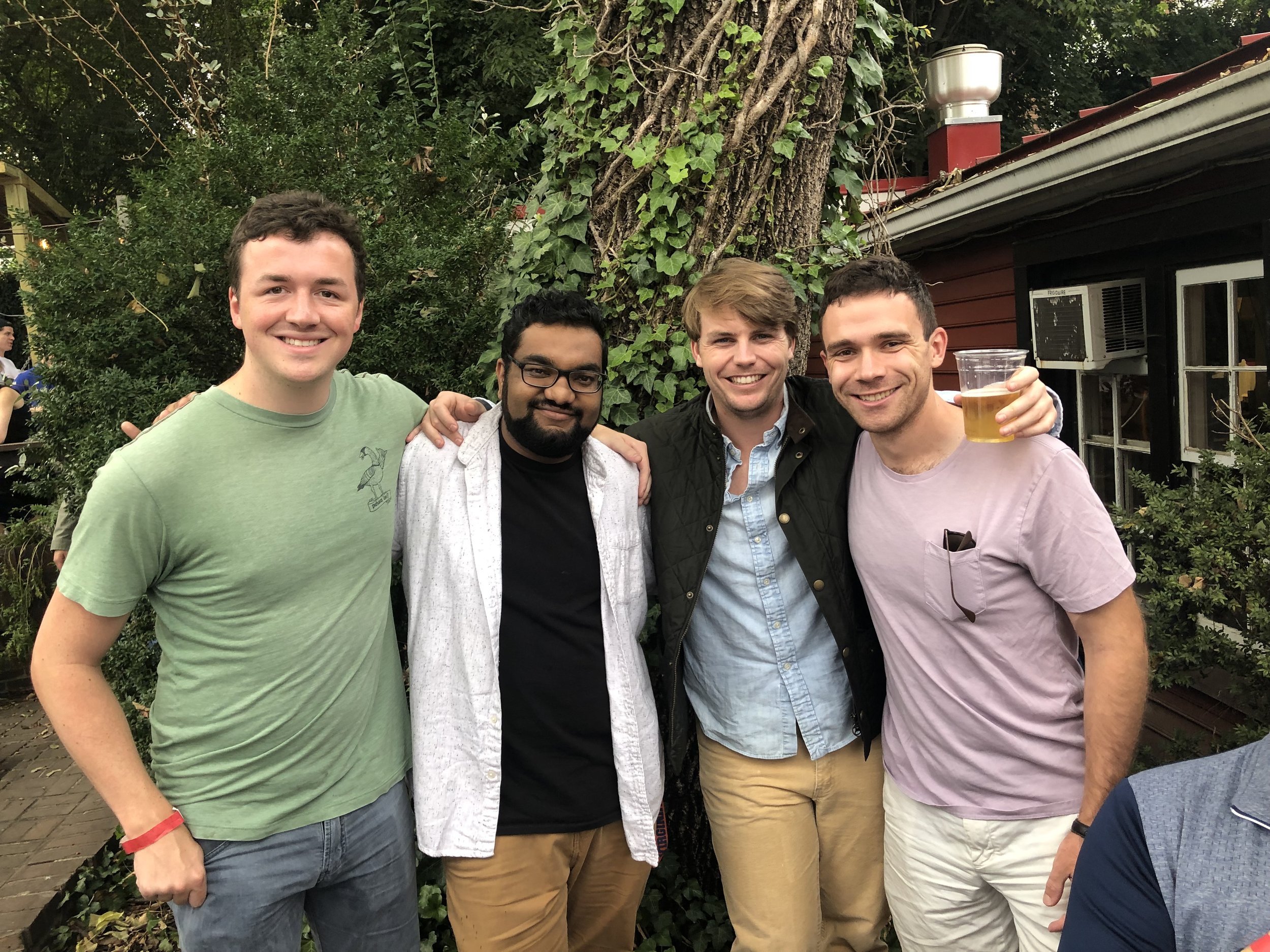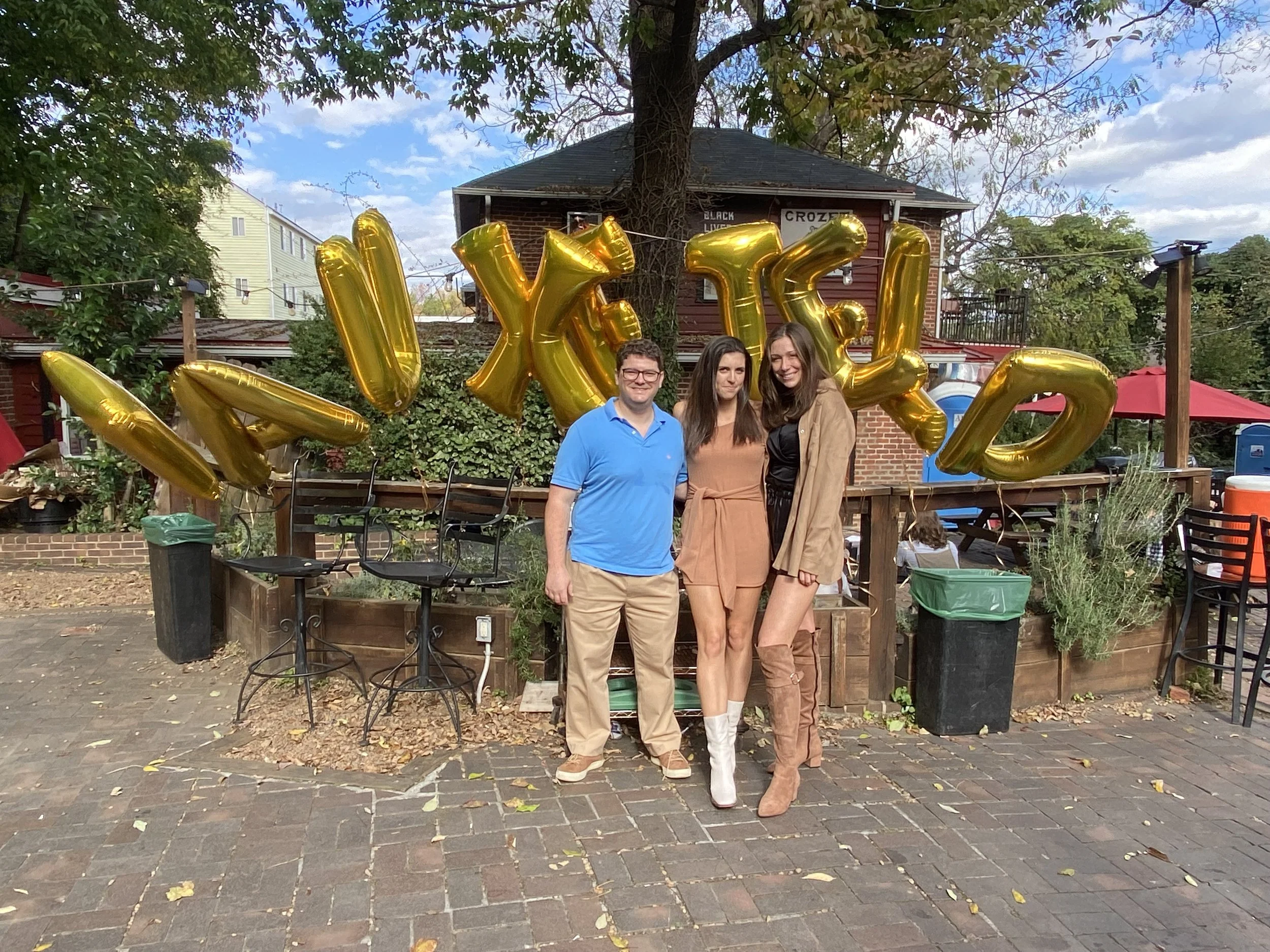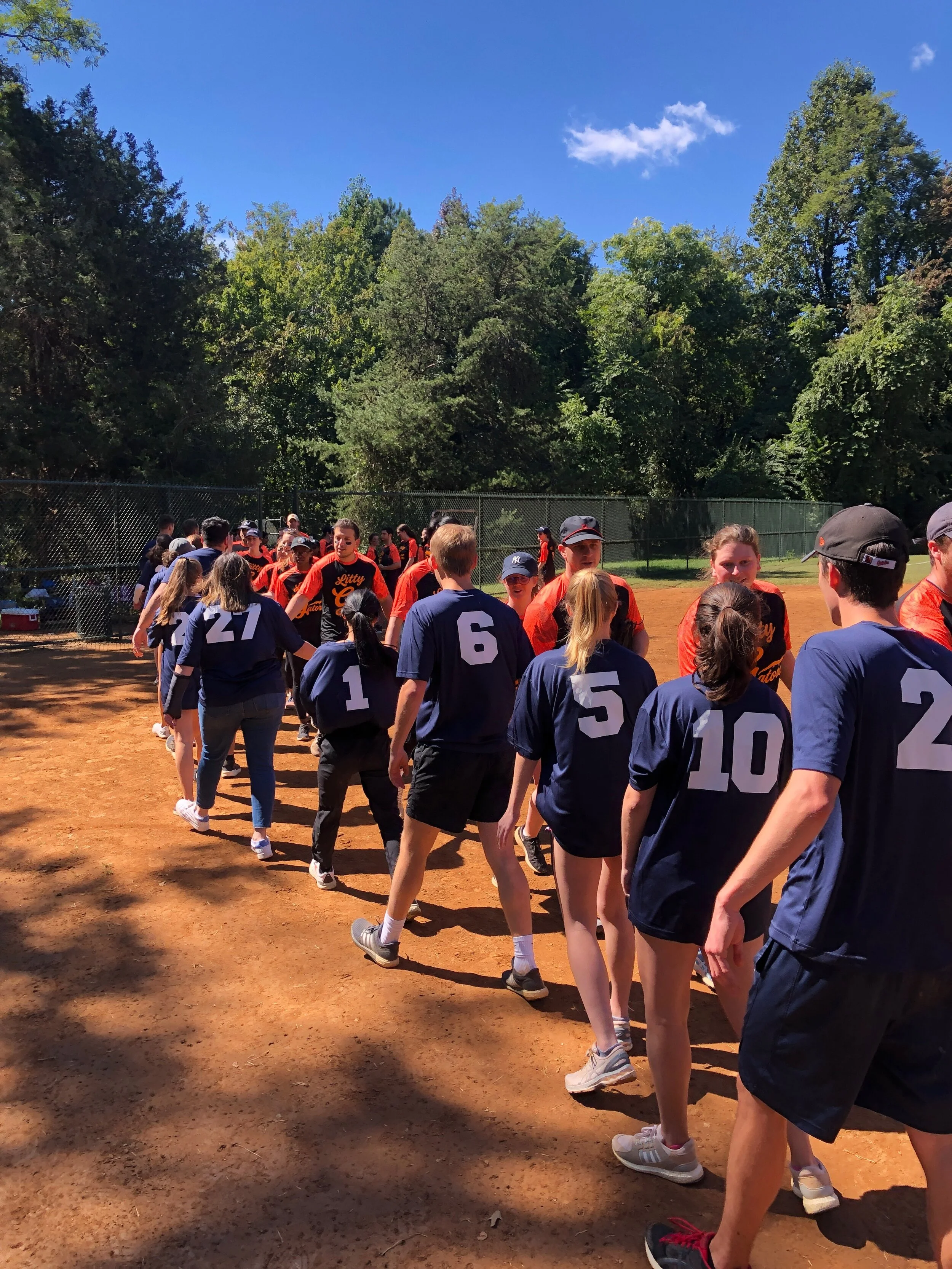Will Holt ‘23
Reviews Editor
The ever-more-plausible scenario where the People’s Republic of China forcibly occupies and reintegrates Taiwan should raise the concern of all Americans. Far too often, pundits imply a false dichotomy between regional ambition and global vision; the Chinese Communist Party’s present focus on regional hegemony is dispositive of neither broader and evolving dreams nor terrific indirect consequences. Those who cite the Middle Kingdom’s supposed disinterest in imperialism to downplay America’s stakes in Sino-Taiwanese affairs (two-thirds of Taiwanese do not identify as “Chinese”) belie the magnitude of the threat. Emboldened by success and more confident in its capabilities, a “reunified” China inevitably would seek opportunities to trap other, more distant democracies within its sphere of influence. I struggle to find a historical example of a superpower that, after achieving such a long-awaited victory of arms, confined its future foreign policy objectives to only those in accordance with its government’s prior ambitions.
Although the specific and long-term consequences of a Communist takeover remain unclear, these unknowns clouding America’s strategic outlook no longer (if they ever did) justify continued ambiguity as to our support of Taiwan: One does not take shelter during a storm for fear of the possibility of lightning; one hides because he knows not where lightning will strike. In pursuing its foreign policy objectives, China presently wields a credible threat of force underpinned by popular conviction and set only to grow in intensity should Taiwan fall. Party indoctrination, Han nationalism, revanchist attitudes, and other socio-cultural phenomena together may spawn an indomitable will amongst the population to prevail heedless of the costs (including loss of life) in the event the government deems violent force necessary to effect reunification. Any nation so content to sustain casualties in pursuit of state aims enjoys a distinct advantage over the United States where their respective interests conflict.
The U.S. has never itself conducted an operation similar to an invasion of Taiwan, with Operation Olympic, the planned invasion of Kyushu, having been canceled after Japan’s capitulation in 1945. From the perspective of an invading force, Kyushu perhaps represents the best analog for Taiwan in the Western Pacific. The two islands are similar in size, with the former spanning 14,202 square miles and the latter covering 13,976 square miles. Both Kyushu and Taiwan also boast mountainous geographies, and neither features more than a handful of beaches suitable for amphibious landings. Considering that U.S. war planners expected Olympic to consume as many as 100,000 men a month for no less than four months, there is little doubt that the CCP operates assuming that “One-China” may demand the sacrifice of tens of thousands of its sons.
The collective will to suffer for state aims is a phenomenon foreign to Americans. Chinese nationalism, in reality, more closely resembles that which existed in Western societies during the years immediately preceding the First World War. For example, one can identify many parallels between China’s eagerness to conquer Taiwan and France’s ambitions to recover Alsace-Lorraine after the Franco-Prussian War. How the former’s unequivocal commitment to reunification affects Sino-American relations resembles the manner by which French revanchism exacerbated tensions between France and Germany in the years before 1914. And even more concerningly, just as the German guns awoke French élan, shots across the Taiwan Strait would harden Chinese resolve to win, notwithstanding bloodshed.
The United States can expect neither to preserve its global predominance nor foster a Pax Americanus in the Twenty-First Century, so long as we continue to forgo clarity in our foreign policy for the satisfaction of our pocketbooks and the comfort of fearful souls. The American people must not forget that they face far more malevolent actors abroad than they do at home; our grievances against one another are trifling compared to the perils growing in the Far East. The United States is not a perfect country—but it remains a good one. However, a good country, like a good shepherd, does not leave a lamb to the mercy of wolves (a pack so fed will simply develop a taste for mutton). We are duty-bound to protect the sovereignty and fundamental rights of our allies. Should the United States willfully abandon its friends at the most critical hour, the nation’s credibility will thereafter lie in tatters, damaging the cause of democracy around the world. The issue is as much a referendum on our self-image as it is a foreign policy debate.Although an invasion of Taiwan may never materialize, the prospect of one will haunt us until we declare our commitment to the island’s security. For my small part, if Taiwan is to be America’s Belgium—then so be it.
---
wjh4ew@virginia.edu





































